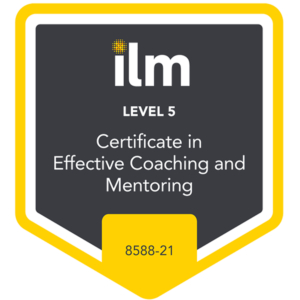The coach is bound by the Code of Practice and Code of Ethics which set out high standards of confidentiality and positive commitment to the client. The latter means that the coach will listen to the client without judgement. The coach uses high level listening, observation and powerful questioning to guide the client through exploration of an issue at a much deeper level than would often occur without a coach. The coach then works with the client to recognise their untapped potential and resourcefulness which will enable them to achieve their goal. The coach also champions their client, even when the client might have moments of doubt.
Listening Observing
Questioning
Rapport Trust
Confidentiality
Through the establishment of trust and rapport, the client is able to engage with the coach’s questions with honesty and openness. This makes the conversation truly meaningful and relevant. The coaching space is highly productive because the client can be true to themselves and authentic. There is no judgement in the coaching space, no one telling you what to do or think or feel. In coaching, the client is always the expert, because the client knows how they experience their life far better than anyone else.
A coaching session is led by the needs of the client. The client is not served well if the coaching does not lead to change, transformation and action. This is the great benefit of coaching – you don’t just think about what you would like to change, you make concrete plans for action. During a coaching session, a client often gains an increased awareness of the reality of their situation, identifies new options and ways they might proceed, has checked and bolstered their commitment and motivation levels, and knows exactly what they are going to do next and when.
When receiving multiple coaching sessions, the coach will always check in with the client about the previously agreed actions. Actions, therefore, are not set and then forgotten about. This is one of the key features that makes coaching purposeful and effective. Coaching isn’t just a conversation, it is all about what you do as a result of the conversation.


